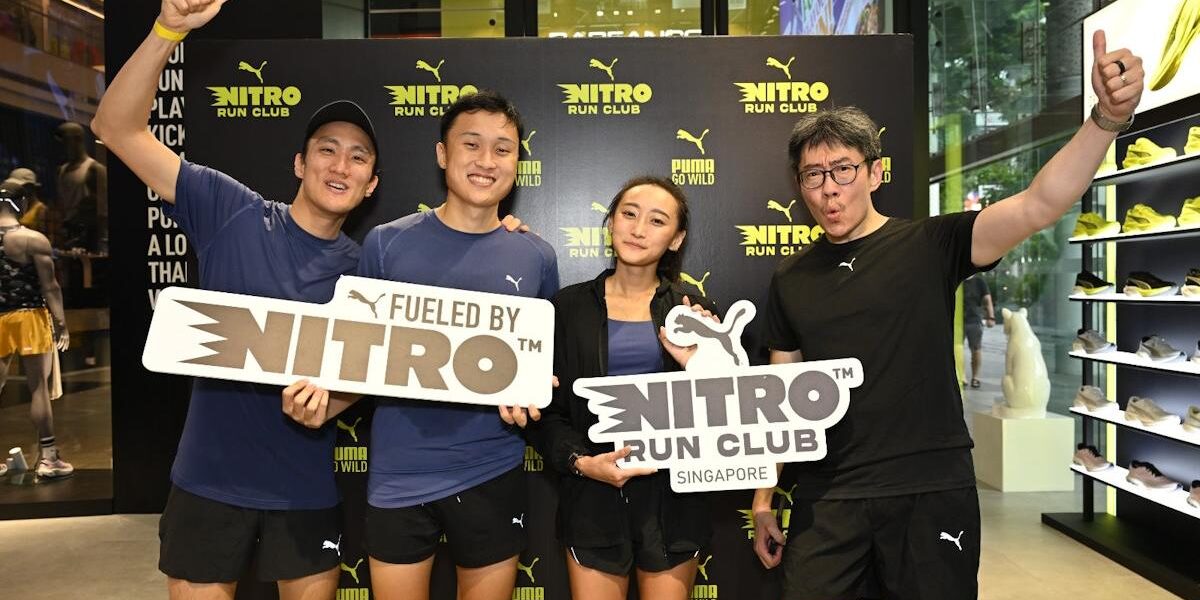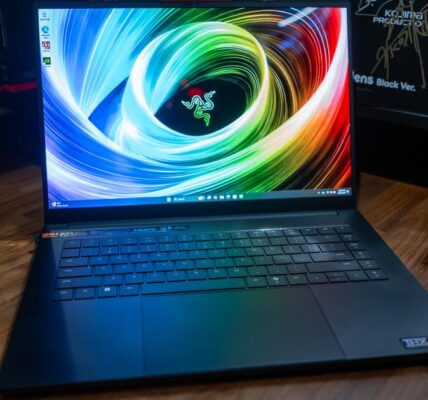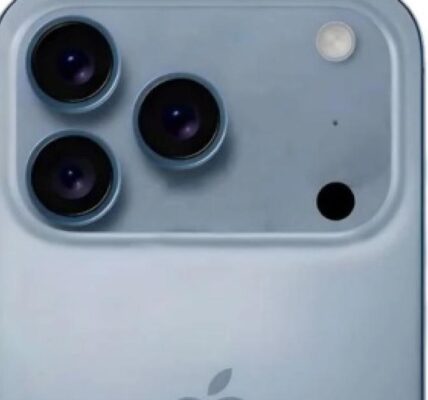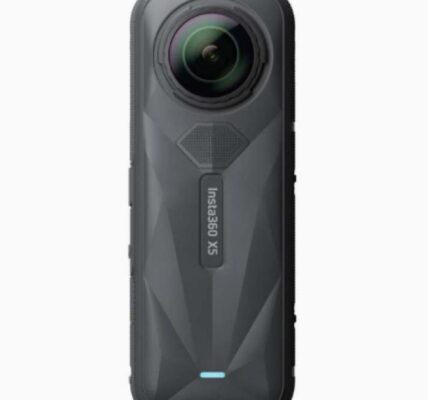I asked Singapore’s top athletes about “pro” smartwatch running features. Their answers surprised me
Note: This article was first published on 26 March 2025.

Professional run metrics? AI routines and coaching? The latest smartwatches such as the Samsung Galaxy Watch Ultra, Google Pixel Watch 3, Amazfit Balance and Huawei Watch GT 5 Pro all boast advanced sensors that can track a whole host of fancy running statistics like ground contact time, vertical oscillation, gait and balance. They have functions to virtually pace yourself and even plan out personalised training programs using AI. Some of these brands go as far as to collaborate and develop these features with various sport science institutes to lend greater weight and authenticity to their products. Now, I’m not doubting the science behind the metrics. I’m neither a sport scientist nor an expert in body mechanics.

I am however a technology journalist and have been reviewing smartwatches and activity trackers for the better part of the last decade. I’ve seen devices evolve from basic step tracking to the powerful running computers they are today. What I have been dying to know, is whether all these features are useful for real athletes and I finally had the chance to find out over the past weekend.
Early last Saturday morning, I signed myself up for a training session for the newly revamped PUMA NITRO Run Club, self-described as a “structured, performance-focused training platform”. Unlike casual run clubs that meet for friendly group runs, the PUMA NITRO Run Club offers specialised programs with professional coaching for people who are serious about their running or are training for specific races and distances.
It just happens that PUMA recently signed on three of Singapore’s top running athletes and they were at the training session too. Vanessa Lee is currently Singapore’s fastest female distance runner and holder of multiple national records including 1 Mile, 3,000m Steeplechase, 5,000m track and 10km road; Shaun Goh holds the national record for 10km road and is the reigning half-marathon national champion; and Ben Khoo holds the national Ironman race record at 9 hours and 2 minutes. He is training to break his own record this year to become the first Singaporean to go sub-9 hours.
Now, it was unlikely I would get another opportunity like this at the usual tech events HardwareZone gets invited to, so I cornered the three athletes to grill them about their training and smartwatch usage. While I expected them to say that the basics are more important for casual and beginner runners, it was surprising to hear that even these top athletes don’t really put too much focus on advanced stats in their own training, calling them vanity metrics. The real key to training and improving your performance is consistency, not a new smartwatch.
@hwztech What do Singapore’s top athletes think of “pro” smartwatch running features? #smartwatch #health #fitness #wearable #running #puma #pumanitrorunclub #techtok #hwzsg #fyp ♬ original sound – HardwareZone
*The answers here are edited for brevity and clarity; you can watch the embedded video for their full responses.
Cadence, ground contact time, balance, how useful are these for the average runner?
Ben: Distance, time, and as a bonus, heart rate. Beginner runners or anyone who wants to get fit, this is more than enough.
Shaun: The core features are the most important: GPS, distance, pace and heart rate. Get these right and it’s all you need.
Vanessa: The essentials are in every smartwatch, so you can really just pick any one. More advanced devices may have things like cadence, but you’ve got to take them with a pinch of salt, because you can’t really know if they’re truly accurate.
So should we just ignore these advanced stats and metrics, or do I need a coach to understand them?
Shaun: I do think the bigger brands like Garmin and Polar are accurate, but knowing how to use them is more important than the actual data. You’ll have to do additional research to know how to interpret them to optimise your training.
Ben: Agreed. You need to know what data is actionable. For example, when I do my easy runs, I want to make sure my heart rate is kept below a certain level. I can set my watch to warn me and I can slow down. That’s actionable and affects my training. Other stats are nice to know, but you can’t action on them, so they’re more like vanity metrics.
Vanessa: You can always do your own research to find out why these stats are there and maybe you can find a use for them, but as a casual runner, you won’t necessarily need them.
As professional athletes, do you take these “vanity stats” into consideration for your own training?
Shaun: The core stats are what I focus on mainly. Some of us do like to see the numbers and could be a nice to keep track of just to see how much you may have improved. Like cadence, I don’t really use the data, but it’s just a nice thing to see.
Ben: There are stats that you can use immediately, and then there are stats that show you the big picture. The good thing about smartwatches now are the apps, as your data is uploaded automatically and you can get a nice history of your training, which was a hassle to do with pen and paper.
Speaking of apps, what do you think of AI training programs that come with smartwatches and their apps. Can they replace a real live coach?
Vanessa: AI doesn’t (yet) have that human touch. For example, I can relay to my coach that I’m feeling ill or extra tired from work and they can relate and adapt your workout for you. An app or AI can have the data, but not the context.
Ben: The key to improving in endurance sports is consistency. If you use an AI coach and it nags at you to go run, and you actually go run, then it’s a good coach. For me, I think I feel more guilty being nagged at by a live coach, so that’s more helpful for me.
What devices do you use?
Shaun: Garmin (Forerunner) 235. It’s a pretty dinosaur watch, but it’s GPS and heart rate is good, and that’s all I really need.
Vanessa: Garmin Forerunner 245 Music. Personally, heart rate is all I need, but I do like the auto lap feature too.
Ben: Apple Watch Ultra. It lasts me the duration of my Ironman race (9 hours) and I can just wear one watch for both my day and my sports.
You can read more of our latest smartwatch reviews in the links below, and if you’re actually interested in the PUMA NITRO Run Club, you can sign up for free over here.
Read More:
Amazfit Balance review
Apple Watch Series 10 review
Google Pixel Watch 3 review
Huawei Watch GT 5 Pro review
Samsung Galaxy Watch Ultra and Watch7 review
Zachary Chan /
Editor
A geek, a gamer, a crazed individual. Zachary has been working in and around the media circuit covering consumer electronics, components and videogame industries for the past 5 years (or so), giving him a unique view on all this…’stuff’.




